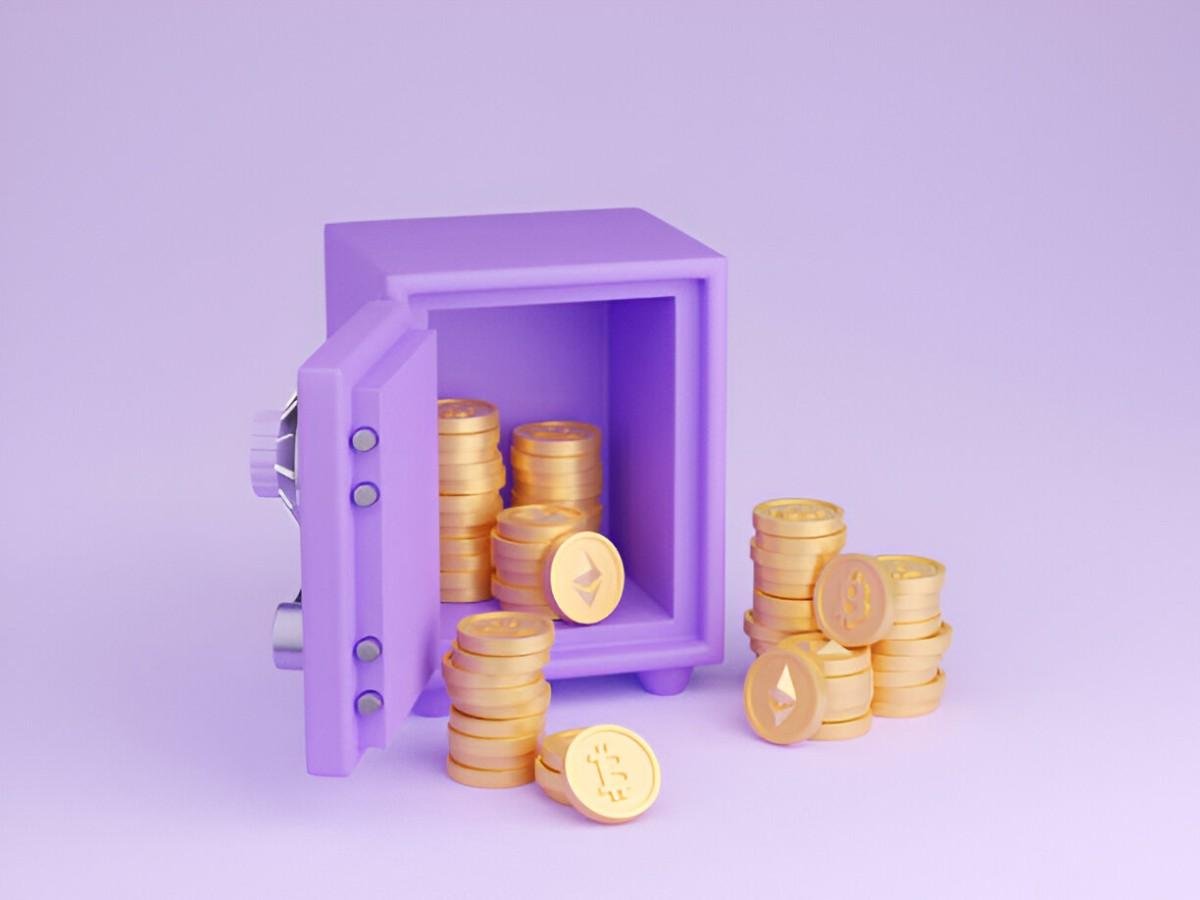In recent years, cryptocurrency airdrops have grown in popularity as a way for new projects to distribute tokens to users for free. While they may seem like a great opportunity to get involved with emerging cryptocurrencies without making a financial commitment, I believe it’s important to ask the fundamental question: Are airdrop cryptos safe?
In this article, I will explore the potential risks and rewards associated with airdrops, and provide a detailed analysis of how to evaluate whether an airdrop is safe or a potential trap. My goal is to help you understand both the benefits and the dangers involved in these seemingly free offers.
Table of Contents
What Is a Crypto Airdrop?
A cryptocurrency airdrop is when a project distributes free tokens to a large number of wallet addresses. This is typically done as a marketing strategy or to reward early adopters or loyal users of a platform. Airdrops can be part of a promotional campaign, a reward for specific actions (like holding a particular token), or even to distribute tokens to the community in preparation for a token launch.
Airdrops often come with some form of participation requirement. Some may require you to sign up on a website, follow social media accounts, or complete small tasks like referring friends. Other times, they might involve holding a specific cryptocurrency in your wallet at the time of the distribution.
The Appeal of Crypto Airdrops
It’s hard to ignore the appeal of airdrops. You get free tokens, sometimes from promising projects with big potential. It’s tempting to participate in an airdrop with the hope that the tokens will increase in value over time. In some cases, this has proven to be a profitable venture.
Take, for instance, the case of the Uniswap airdrop in 2020. Uniswap, one of the largest decentralized exchanges, distributed 400 UNI tokens to users who had interacted with their platform before a specific date. At the time of the airdrop, the 400 tokens were worth around $1,200. The price of UNI soared in the months following the airdrop, and by 2021, the value of those same tokens had risen to over $20,000. This success has made airdrops a topic of interest for many crypto enthusiasts.
However, while there are success stories, the risks involved with airdrops can’t be ignored. I’ve learned that not every airdrop is as lucrative or safe as it might seem. Let’s dive into the potential risks and examine why some airdrops might not be as harmless as they first appear.
The Risks of Crypto Airdrops
1. Scams and Phishing Attacks
One of the biggest risks associated with crypto airdrops is the potential for scams and phishing attacks. Since airdrops often require users to provide their personal information or interact with websites, they can be used by malicious actors to steal your private keys, seed phrases, or other sensitive data.
Imagine receiving an email claiming to offer free tokens from a well-known project. The email includes a link to a website where you’re asked to connect your wallet or enter your private information. In reality, this website is designed to steal your data, leaving you vulnerable to losing your assets. This type of phishing is common in the crypto world, and it’s crucial to be cautious when participating in any airdrop.
To stay safe, always ensure that you are interacting with official websites and avoid clicking on links from unsolicited emails. Double-check that the website URL is correct and look for HTTPS encryption to verify its legitimacy.
2. Malware and Spyware
Some airdrops may require you to download software or apps, and this can expose you to the risk of downloading malware or spyware. Malicious actors can hide harmful code within seemingly legitimate airdrop software that can steal your private information or compromise your device.
To mitigate this risk, I recommend avoiding downloading any software from unofficial sources. Stick to well-known platforms, and if you are unsure, do a quick search to verify the authenticity of the application.
3. Token Worth and Market Manipulation
Even if an airdrop is legitimate, the value of the tokens you receive may not be as high as you expect. Some projects use airdrops as a way to gain traction without actually having a solid product or a viable market. Tokens might initially seem valuable but could end up worthless once the initial hype wears off. Worse, some projects engage in market manipulation to artificially inflate the value of their tokens for short-term profit.
For example, some projects give tokens to users who promote the token or trade it on a specific platform. This artificial activity can create the illusion of demand, leading to price pumps followed by rapid declines. If you’re not careful, you might find that the airdrop tokens you received are worthless within days or weeks.
Always assess the project behind the airdrop. Research the team, read the whitepaper, and look for community feedback before deciding to participate. Never assume that free tokens will automatically have long-term value.
4. Privacy Concerns
Some airdrops may require you to share personal information, such as your email address, phone number, or social media accounts. This data can be used for targeted marketing, or worse, it can be sold to third parties. In the worst cases, airdrop organizers might even use this information to scam or exploit users.
While participating in an airdrop, I suggest using a separate email account and limiting the personal information you share. Additionally, check the project’s privacy policy to ensure that your data will be protected.
5. Loss of Funds Due to Errors
Occasionally, users may accidentally lose funds during the airdrop process. For example, some airdrop schemes require you to send tokens to a specific address to participate, with the expectation that you will receive more tokens in return. However, scams or human error can result in the loss of your initial tokens without receiving any in return. It’s critical to double-check the details and only participate in airdrops that do not require you to send money upfront.
How to Evaluate the Safety of an Airdrop
To determine whether an airdrop is safe, I follow a few key steps:
- Research the Project Always investigate the team behind the airdrop. Look for their social media presence, check whether they have a professional website, and read their whitepaper to understand the project’s goals.
- Check the Token’s Utility Does the token have a clear use case? If the token doesn’t have a defined role within its ecosystem, it’s likely to be a red flag. A good token should serve a purpose, whether that’s within a decentralized exchange, a decentralized finance (DeFi) project, or another use case.
- Read Reviews and Community Feedback Check for reviews, blog posts, and forum discussions about the airdrop. If others are sharing their positive or negative experiences, this can help you make an informed decision. Reddit, Twitter, and Telegram groups are good places to gauge community sentiment.
- Examine the Airdrop Conditions Be cautious of airdrops that require too much personal information or that offer unrealistic rewards. If something sounds too good to be true, it probably is.
How to Protect Yourself in Crypto Airdrops
While participating in crypto airdrops, I always take the following steps to protect myself:
- Never Share Private Keys: No legitimate airdrop will ask for your private keys. Keep them secure and never share them.
- Use a Separate Wallet: I recommend using a separate wallet for airdrops, keeping your main crypto holdings separate from potential risky tokens.
- Verify Links and Websites: Always ensure you’re visiting the official project website and avoid clicking on suspicious links from emails or social media messages.
Conclusion: Are Airdrop Cryptos Safe?
The short answer is that airdrop cryptos can be both safe and risky. On the one hand, they present an opportunity to get involved with new projects and potentially profit from tokens that increase in value. On the other hand, there are significant risks, including scams, malware, privacy violations, and the potential for the tokens to lose value.
Ultimately, the safety of airdrop cryptos depends on how carefully you evaluate the project, its legitimacy, and the actions you take to protect yourself. By following best practices, researching thoroughly, and using common sense, you can reduce the risks and make more informed decisions about participating in crypto airdrops.
As with any investment or opportunity in the crypto world, I recommend exercising caution, staying informed, and always being skeptical of offers that seem too good to be true.





